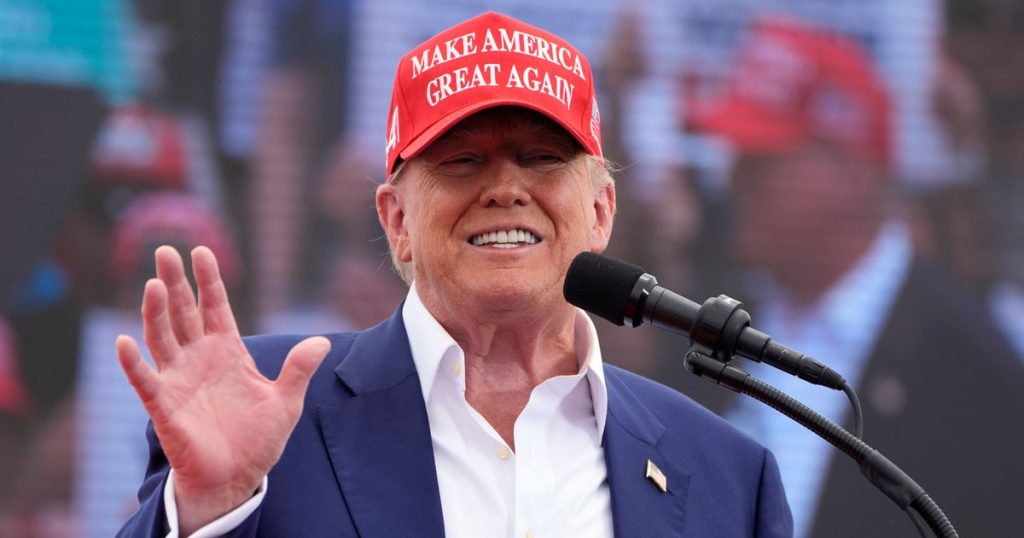In a federal case against former President Donald Trump and two associates over classified documents, U.S. District Judge Aileen Cannon denied a request to dismiss some charges but agreed to strike a prejudicial paragraph from the indictment. The paragraph in question involved allegations that Trump shared a classified map with a political action committee representative during a discussion about a military operation. Cannon chastised special counsel Jack Smith’s team for including legally unnecessary language that caused confusion in the charges. The judge postponed the trial due to numerous pretrial motions and disputes, scheduling further arguments in response to Trump’s challenge to the appointment and funding of Smith as special counsel.
Experts had initially viewed the classified documents case as straightforward, alleging that Trump had unlawfully kept classified documents at his Mar-a-Lago estate in Florida and obstructed FBI efforts to retrieve them. The defendants sought to dismiss several counts in the indictment, particularly related to obstruction and false statements, but Cannon ruled that identified deficiencies did not warrant dismissal as long as the jury was properly instructed and presented with detailed verdict forms delineating each defendant’s alleged conduct. Multiple previous motions to dismiss the case, including one suggesting Trump was authorized under the Presidential Records Act to retain the documents as personal files after leaving office, were also rejected by the judge.
The case against Trump centers on allegations that he conspired with valet Walt Nauta and Mar-a-Lago property manager Carlos De Oliveira to conceal classified files from the government. Despite the delays caused by pretrial motions, Cannon has kept the majority of the indictment intact while addressing concerns about prejudicial language and interpretation issues in the legal documents. The judge’s decisions to strike certain paragraphs and uphold parts of the indictment suggest a nuanced approach to balancing the defense’s challenges while ensuring the case proceeds fairly and efficiently. Further arguments are scheduled to address Trump’s objections to the special counsel’s appointment and the legal basis for the charges against him and his associates.
The ongoing legal dispute highlights the complexity of prosecuting a former president and his associates over classified documents and obstruction allegations. While some issues raised by the defense have prompted revisions to the indictment, the core charges related to hoarding classified materials and impeding FBI investigations remain intact. Cannon’s rulings reflect a careful consideration of the arguments presented by both sides, emphasizing the need for clarity and fairness in the legal process. As the case progresses, additional motions and disputes are likely to arise, requiring the judge to carefully weigh the evidence and legal arguments to ensure a just resolution.
The delays in the trial underscore the challenges of litigating a high-profile case involving a former president and national security issues. The proceedings have been complicated by procedural disputes, challenges to the special counsel’s authority, and legal arguments related to presidential record-keeping statutes. Despite these obstacles, Judge Cannon has demonstrated a commitment to addressing the defense’s concerns while upholding the integrity of the legal process. As the case continues to unfold, it will be crucial for all parties involved to adhere to the rule of law and ensure a fair and transparent resolution to the allegations against Trump and his associates. By navigating the complexities of the legal system with diligence and impartiality, Cannon aims to reach a just outcome in a case that has drawn significant attention and scrutiny.


